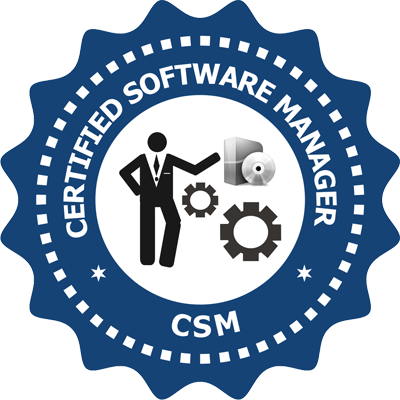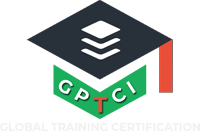Certified software manager (CSM) is a professional designation for IT asset management.
IT asset management (ITAM) is the set of business practices that join financial, contractual and inventory functions to support life cycle management and strategic decision making for the IT environment. Assets include all elements of software and hardware that are found in the business environment.
Certified software manager (CSM)® is a professional designation for IT asset management.
IT asset management (ITAM) is the set of business practices that join financial, contractual and inventory functions to support life cycle management and strategic decision making for the IT environment. Assets include all elements of software and hardware that are found in the business environment.
IT asset management (also called IT inventory management) is an important part of an organization’s strategy. It usually involves gathering detailed hardware and software inventory information which is then used to make decisions about hardware and software purchases and redistribution. IT inventory management helps organizations manage their systems more effectively and save time and money by eliminating unnecessary purchases and wasted resources.
Managing information technology is no easy task. You have to comply with software licenses for multiple users, maximize legal use of software, and oversee huge asset inventories etc.
The Certified Software Manager (CSM)® gives you the skills and credentials you need to diagnose, resolve and manage today’s complicated software licensing issues. And, this course prepares you to take and pass the exam that earns you the widely-recognized Certified Software Manager professional designation.
Examples of Software Piracy Taking Place within an Organization
An organization purchases a single licensed copy of a software program and installs it onto several computers, in violation of the terms of the license agreement.
An employee installs business software on their home computers in violation of the terms of the license agreement.
A copy of a software program is copied onto an organization’s servers and the organization’s network “clients” are allowed to freely access the software in violation of the terms of the license agreement.
An organization buys computers with preloaded software, but the vendor fails to provide the organization with purchase documentation to verify the legitimacy of the pre-loaded software.
Examples of Content Infringement by an Organization
Circulating copies of news, magazine, or newsletter articles without permission by e-mail or hard copy (even if only internally within your company)
Posting news, magazine, or newsletter articles on a website wihtout permission (even if they are also posted on the copyright owner’s web site), rather than posting the relevant hyperlink
Posting chapters from a textbook or novel on a website without permission
Internet auctions for scanned textbooks on CD. Watch out for books that have been scanned into an electronic format and then burned onto a CD. Checks to make sure that you are receiving the entire original book and that you are also receiving any and all complementary materials such as CDs or charts in their original form.
Illegally posted news stories on a website. Links to articles hosted on the copyright owner’s site are perfectly legal.
Distribution of Test Prep Materials. Most test prep courses do not allow the transfer of their material from person to person. These materials include text books, sample tests, lectures, lecture notes, computer based reviews, etc.
The Certification perfectly suits individuals who need to optimize their licensing for compliance and savings, additional compatibility and productivity and decreased cost of support.




